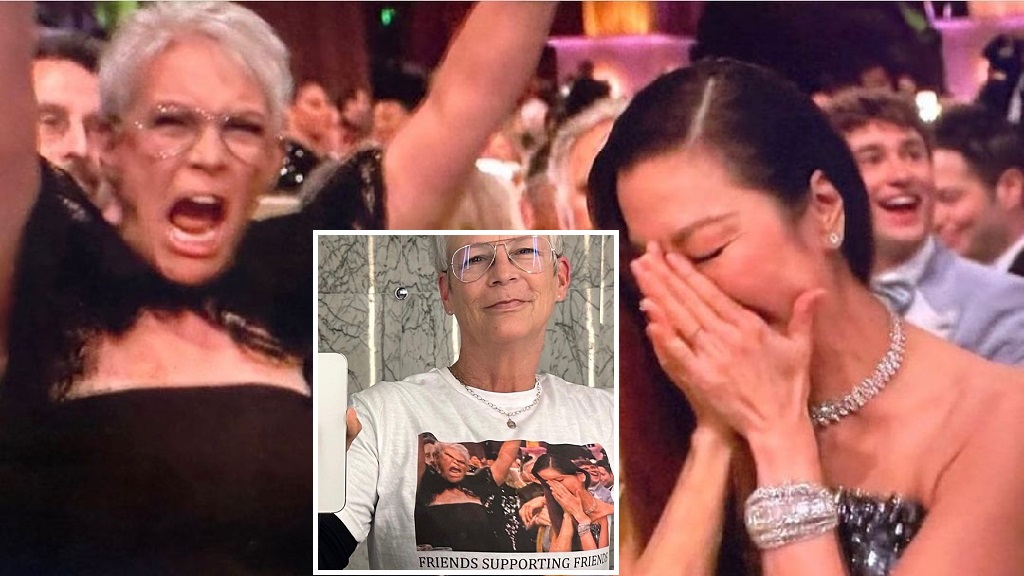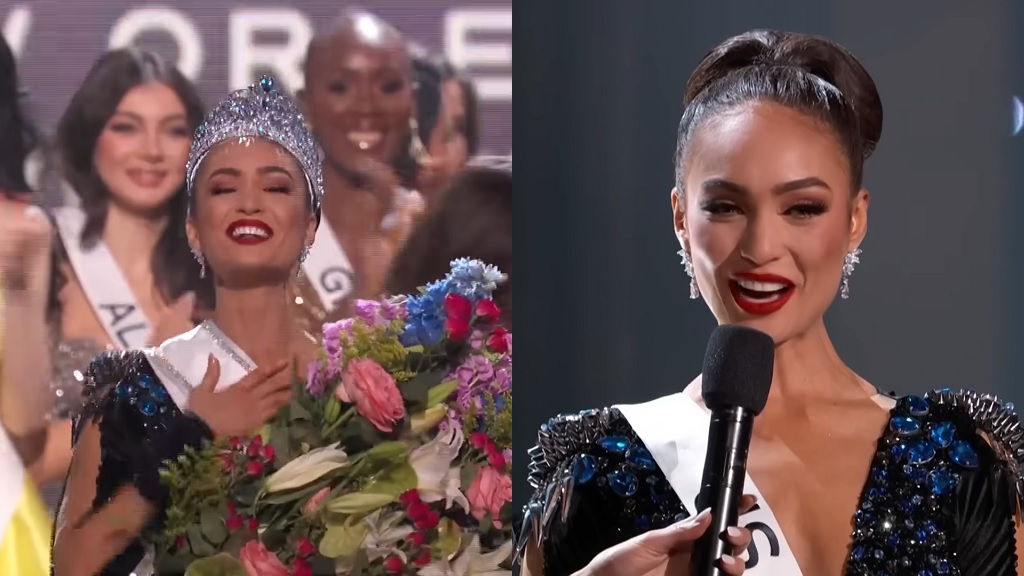- 7,227
- 10,151
- Joined
- Oct 14, 2015
Well deserved. Great comeback story.
Follow along with the video below to see how to install our site as a web app on your home screen.

Note: this_feature_currently_requires_accessing_site_using_safari






When and how did your family come to America or your country? My parents came as refugees in 1980 from Vietnam to the Philippines (it took 5 days & 5 nights, my dad stole a fishing boat and hoarded enough oil and food for the voyage, he was also the captain) refugee camp then to Oakland California.
parents from cambodia, escaped to a thai refugee camp and then had Christian sponsors in Woodland, Ca (i’ve never met them but man i’m forever grateful to that church). from there, my parents did the most cambodian thing possible and worked at a donut store in the bay. moved to Oakland because the rent was cheap and the donut shop was close. wild to think that my life could’ve been completely different if those sponsors were from the midwest or east coast.
life is ****ing wild but beautiful.


